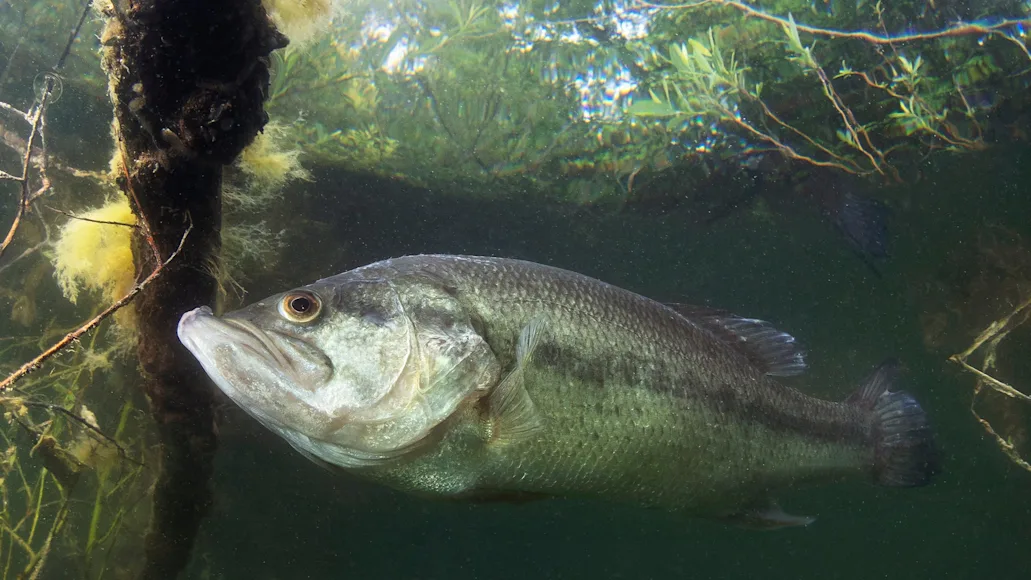Forward-facing sonar—or livescope technology—has taken the competitive angling world by storm over the last decade. Unlike traditional fish finders, forward-facing sonar allows anglers to use screens to target certain fish in real time. Livescope has made anglers more efficient, but it's also raised concerns—both for the steep price tags the high-tech equipment demands and the ethics of wether it's a fair tool to target wildlife with. Until now, no major competitive fishing circuit had outlawed the technology.
In a press release, the NPFL compared its decision to other restrictions placed on athletes in traditional sports leagues. “Major League Baseball does not allow aluminum bats so as to protect certain players on defense and to preserve the game’s legacy. Auto racing has restrictions on engines and other equipment to protect drivers and ensure competitiveness. The Professional Golfers’ Association prohibits balls that use technology to overcome shortcomings of skill,” explained NPFL founder Alan McCulloch. “Tournament bass fishing is not different from these other sports in its need to protect the integrity and appeal of the game.”
McCulloch went on to explain that the NPFL does not “want competitive bass fishing to become a technology arms race where anglers stare at a screen, targeting pixels and losing their connection to the fish we love so much.”
While the NFPL is a serious league that has a championship purse of $200,000, it's not as big as some of the other major leagues like the Bassmaster’s B.A.S.S. Nation Series, Major League Fishing’s Bass Pro Tour, or the Fishing League Worldwide Pro Circuit.
The NFPL says its goal is to “bring simplicity back to professional bass fishing.” It’s not yet clear if the league’s strong stance on forward-facing sonar will have broader implications in the competitive bass fishing world. The ban will take effect at the start of the 2025 season during the league’s official practices and competitions.
Read Next: Eight Rules of Flyfishing for Late-Summer Smallmouths
“For what it’s worth, I enjoy using forward-facing sonar in my personal fishing, and I’m grateful for what’s it’s taught us about bass behavior,” wrote McCulloch. “It’s an incredible tool, and no matter your attitude toward the technology, it’s undeniable that it’s impactful for bass catching. Our concern at the NPFL is whether it’s a proper tool for competitive bass fishing.”


